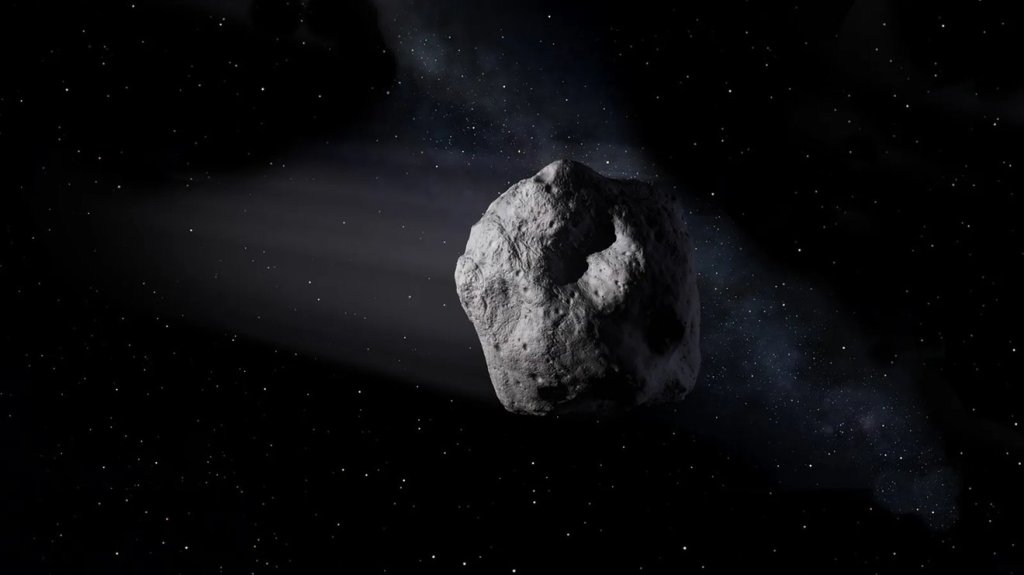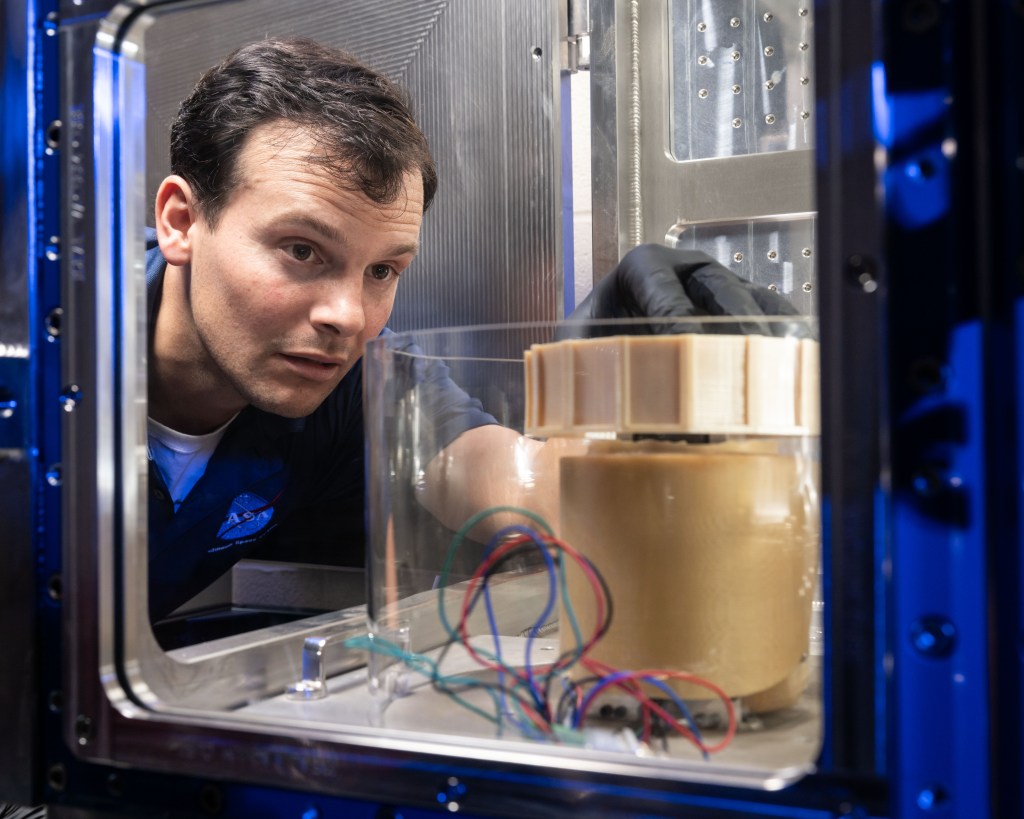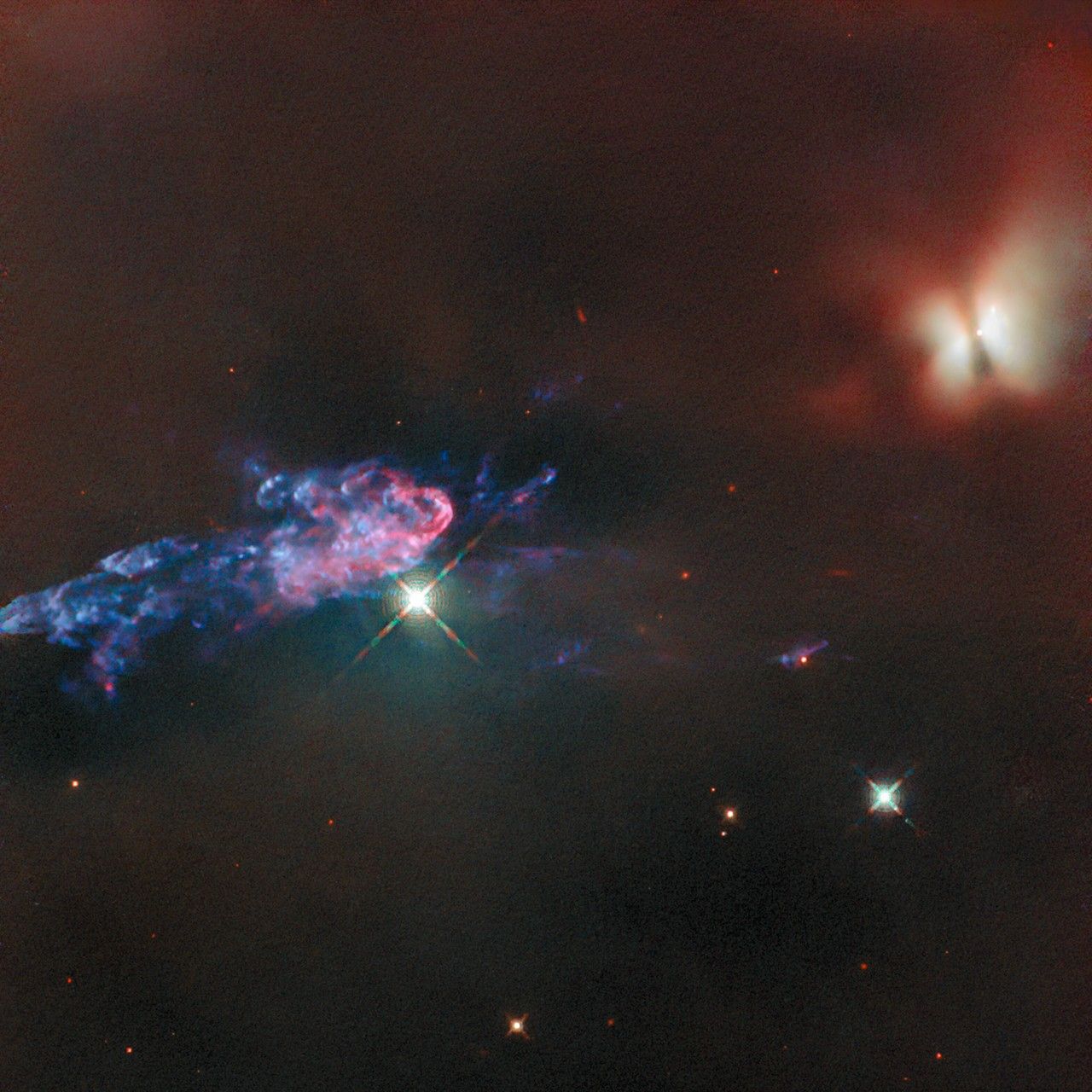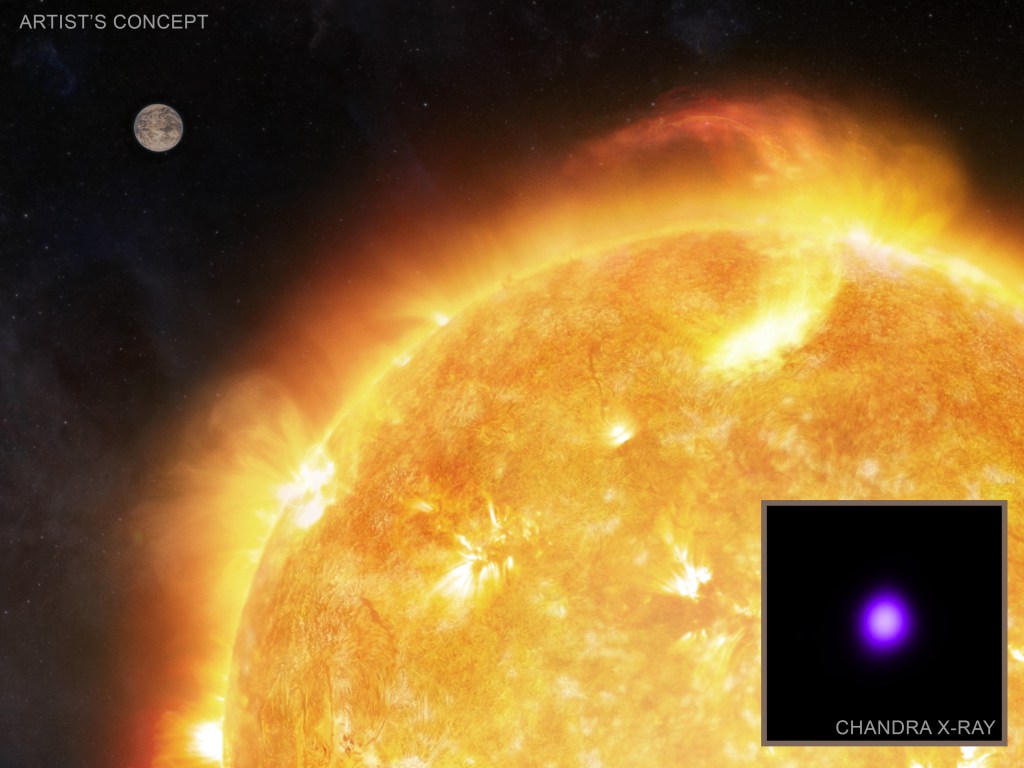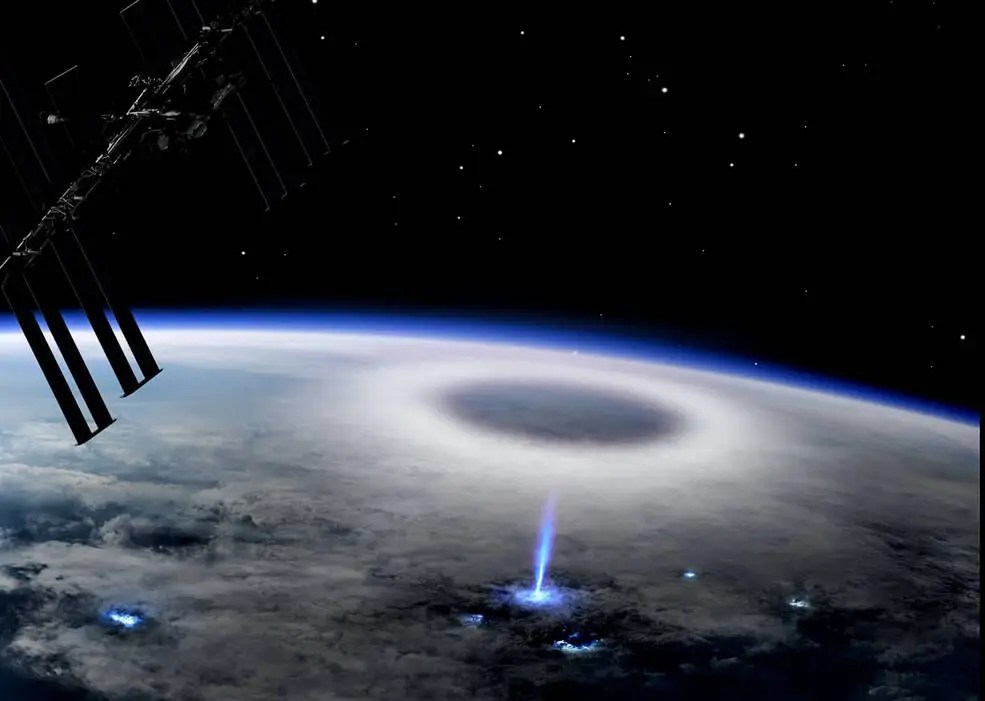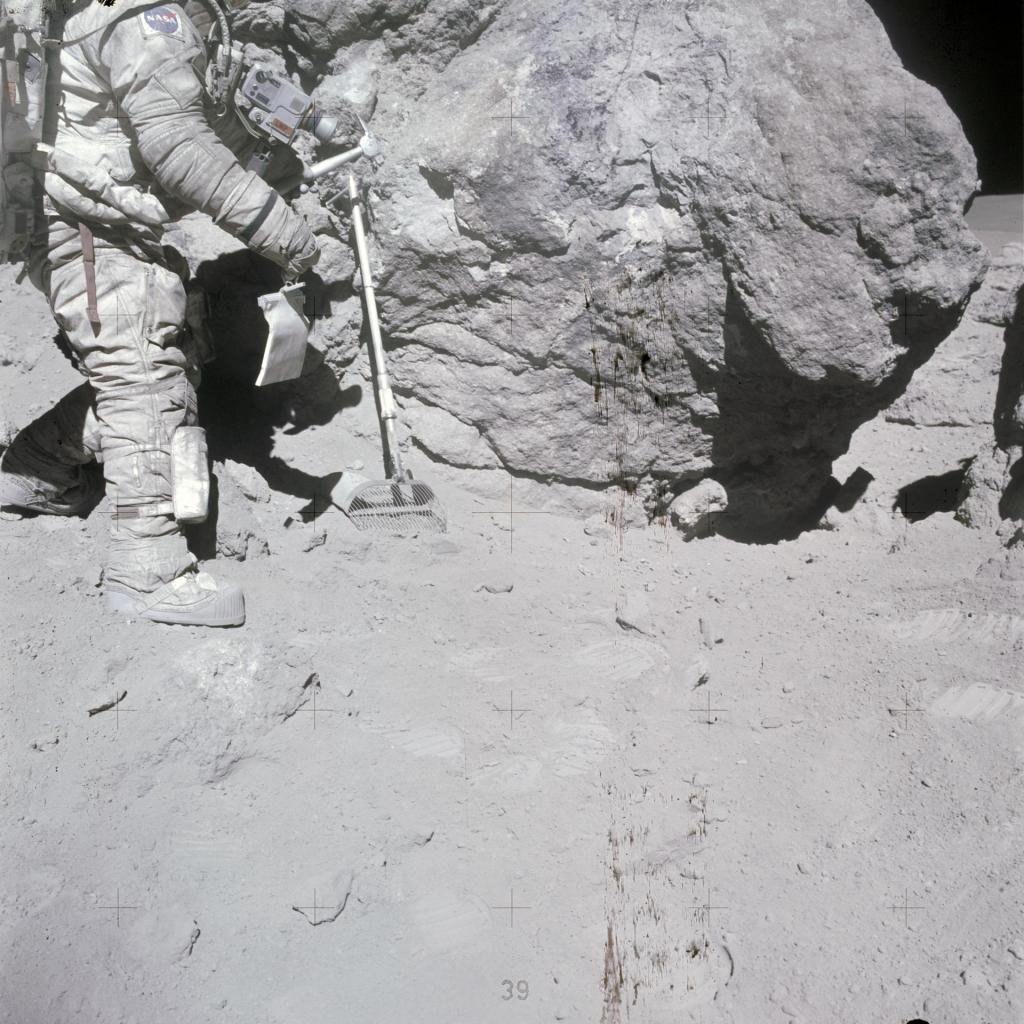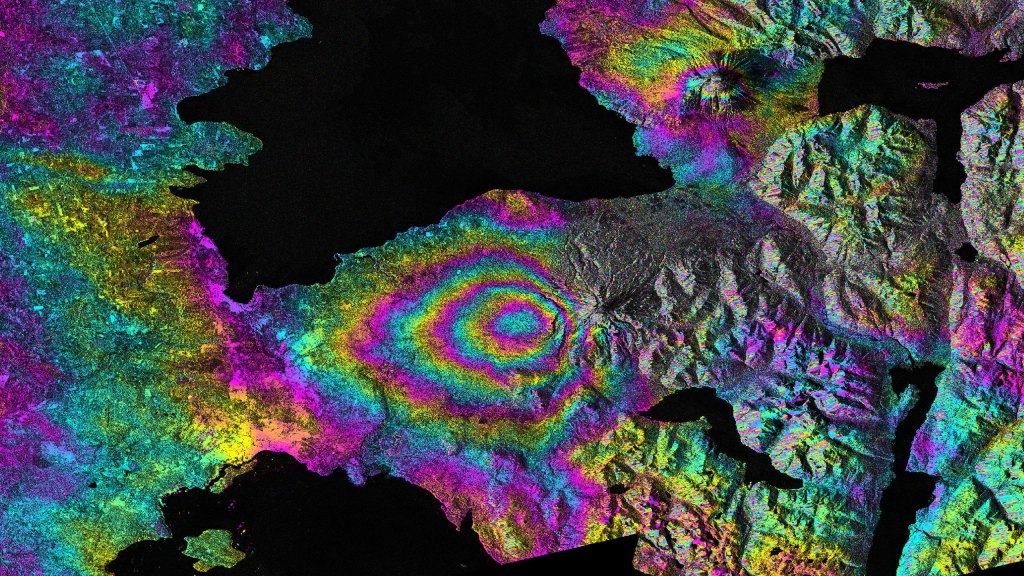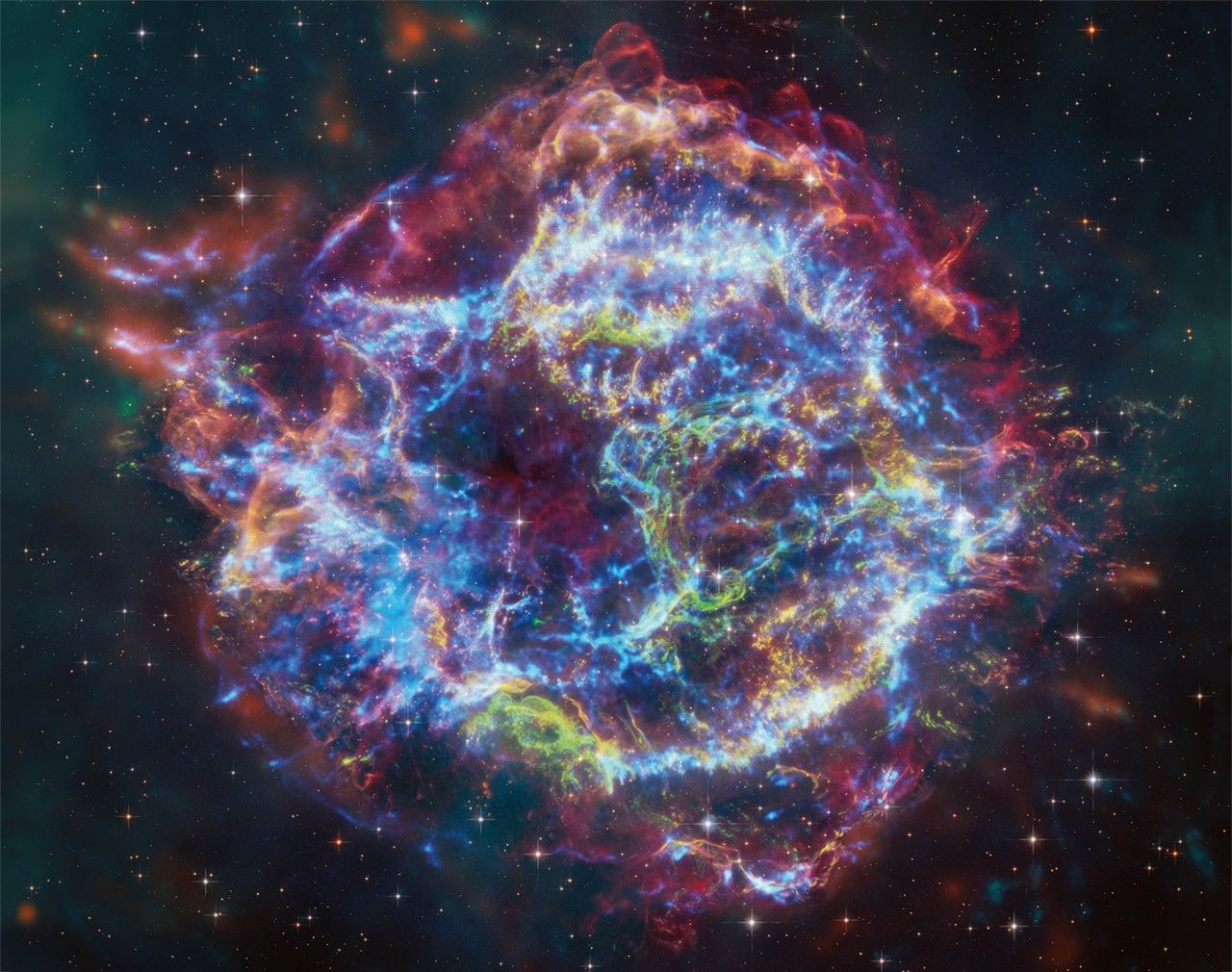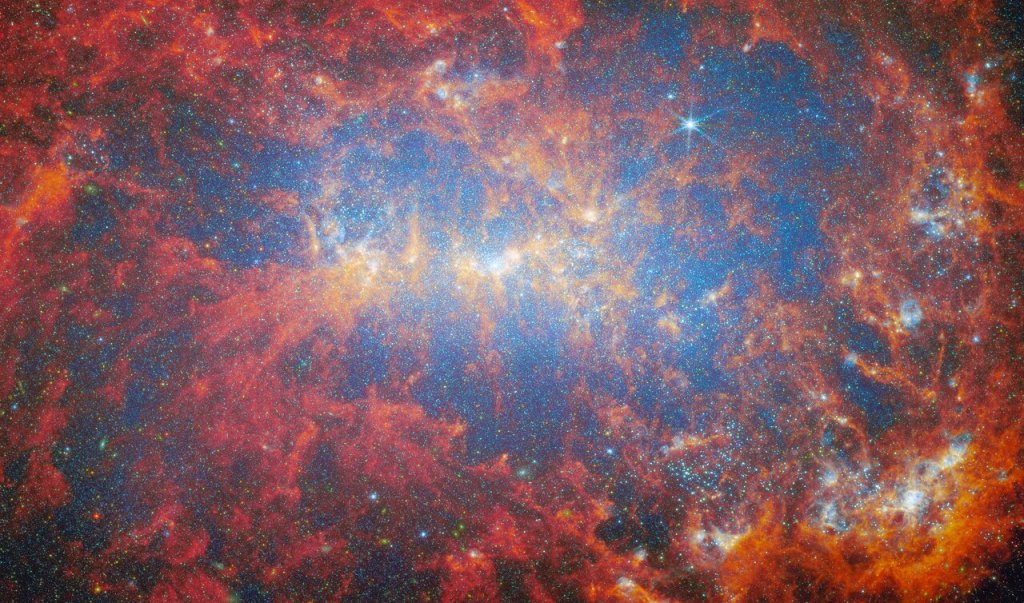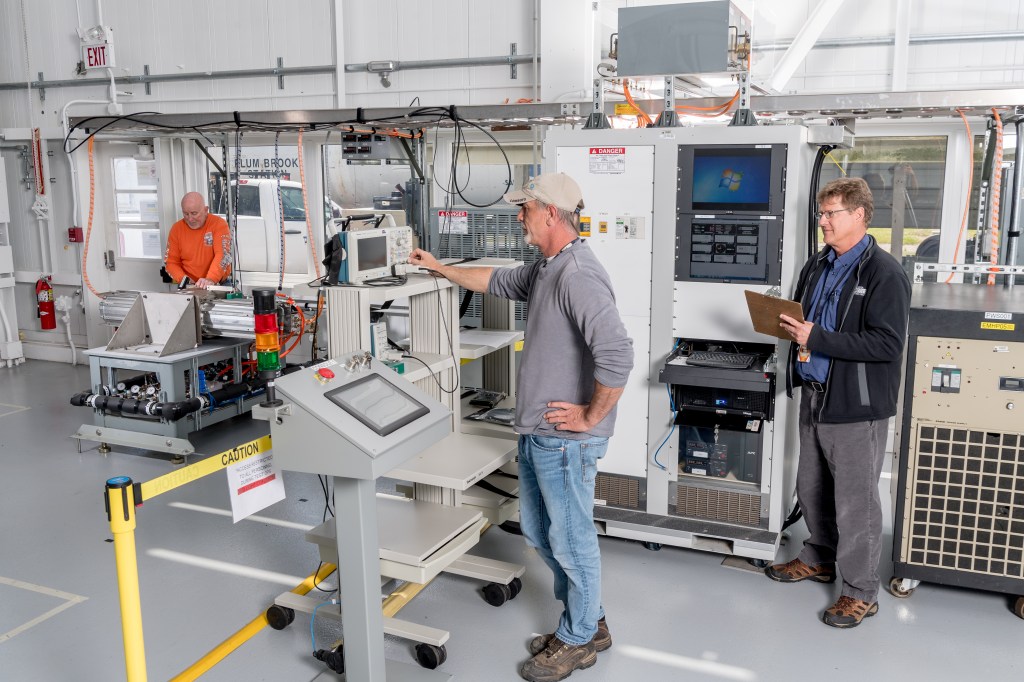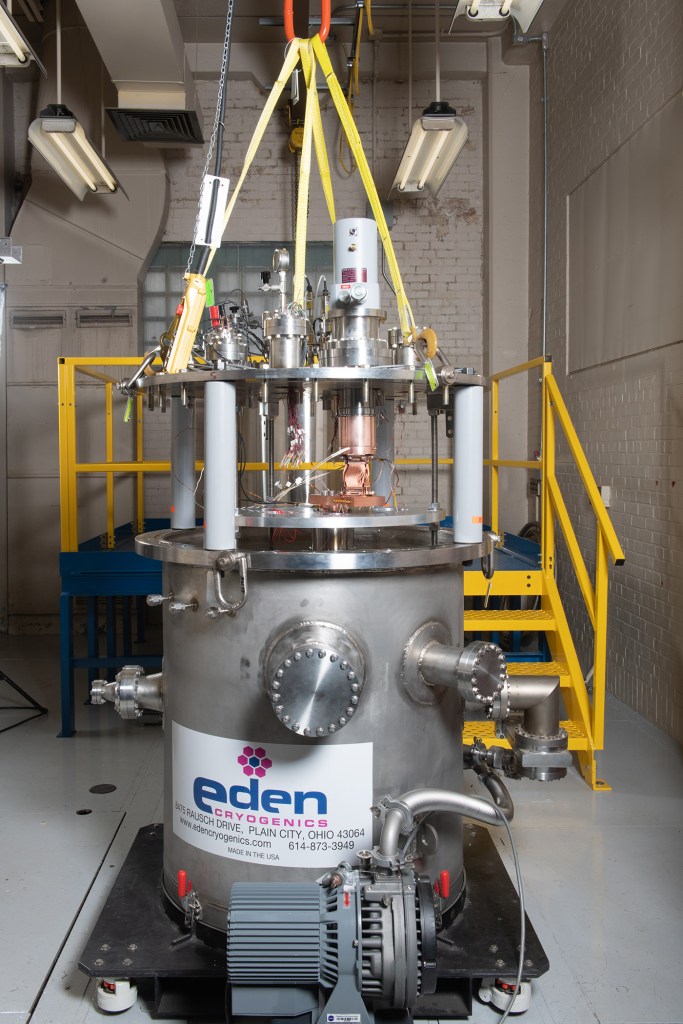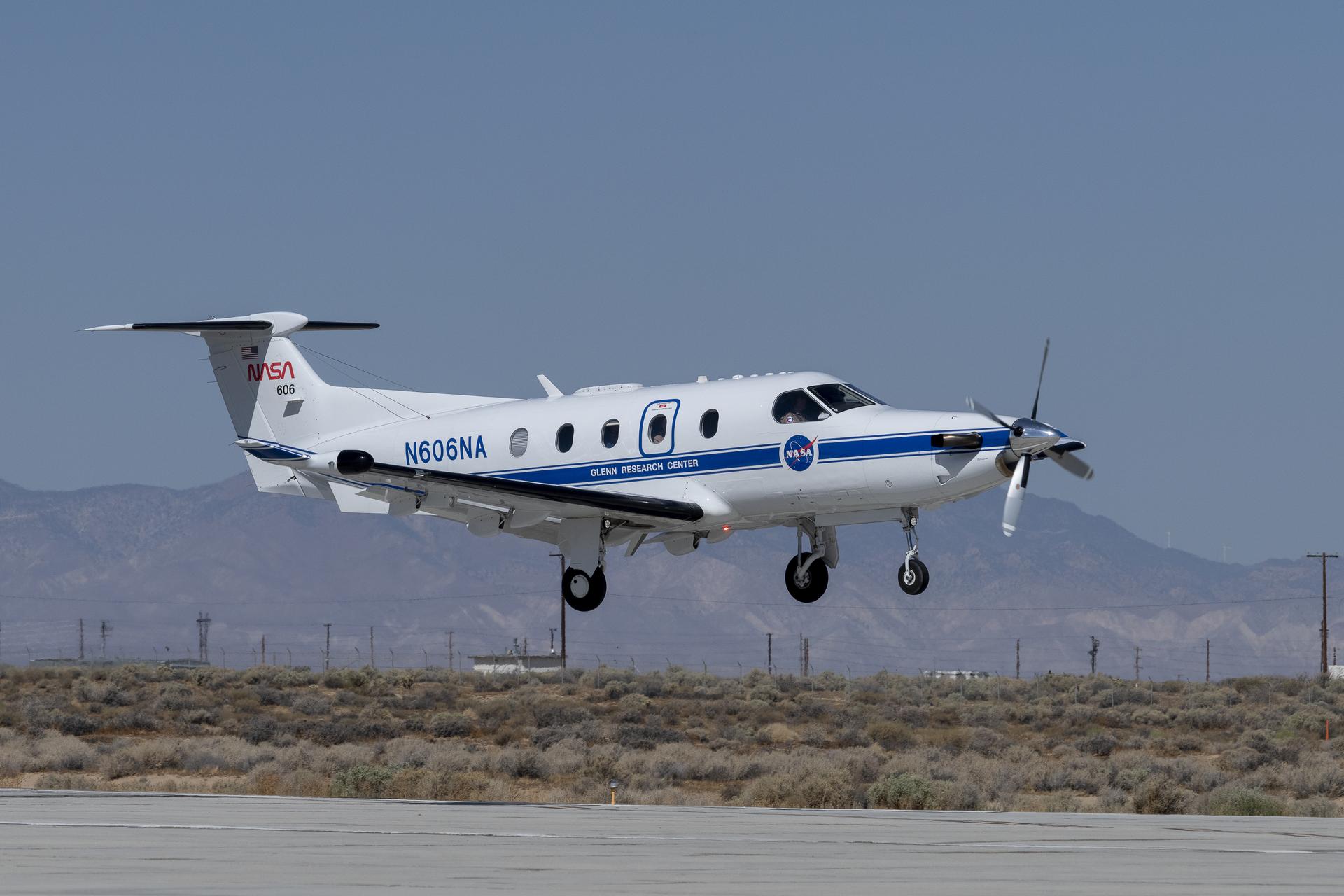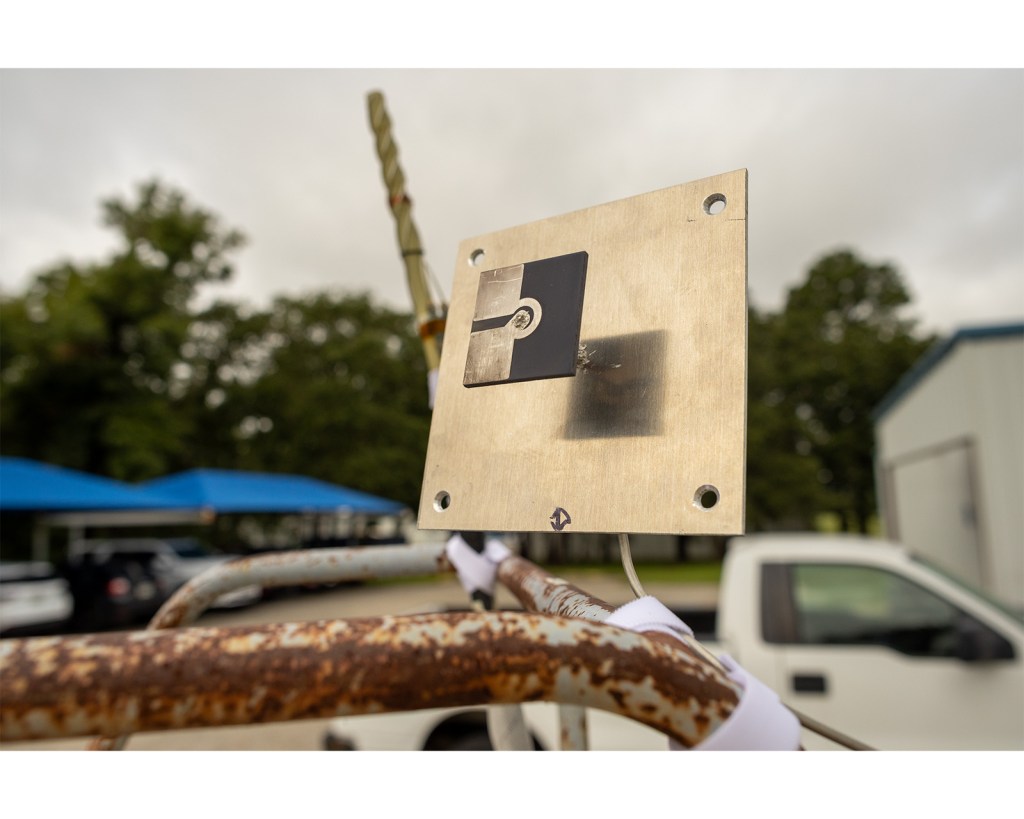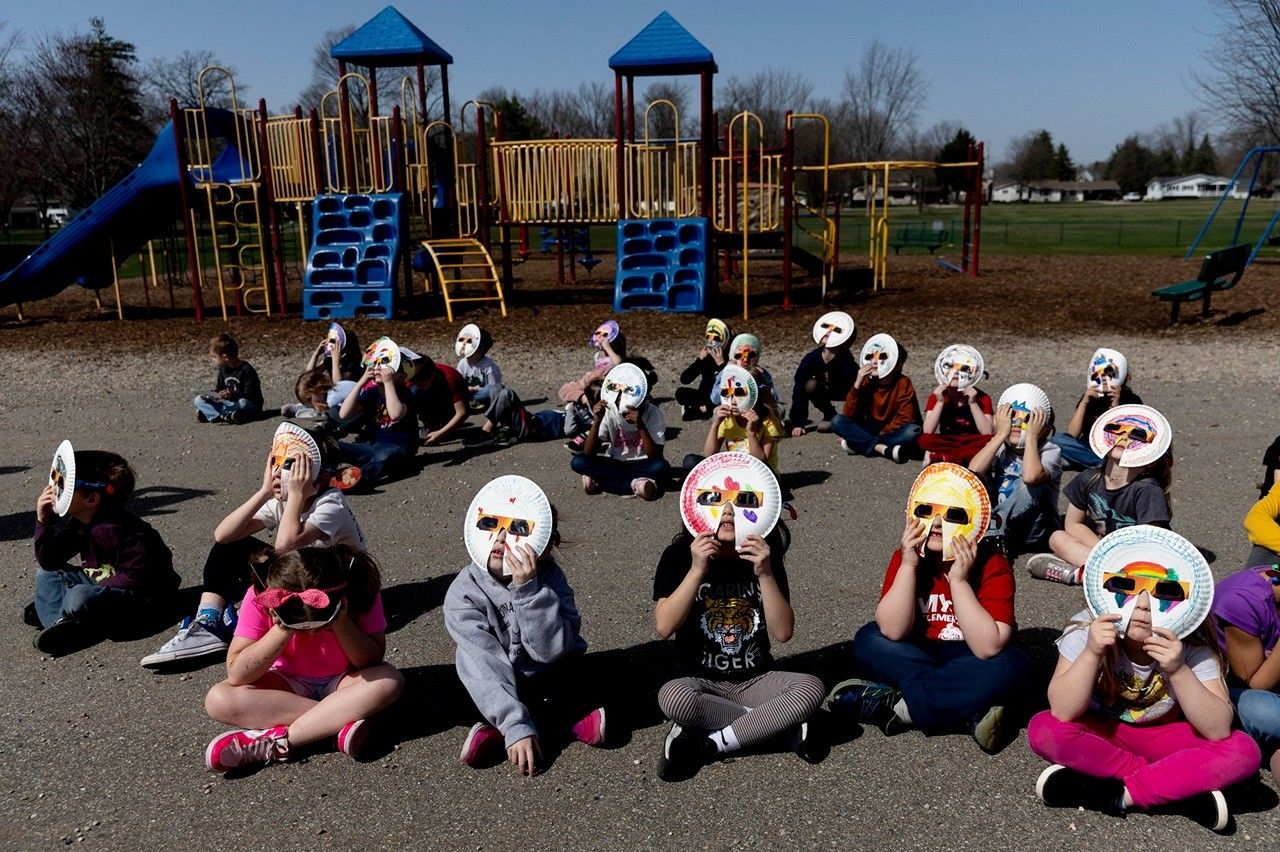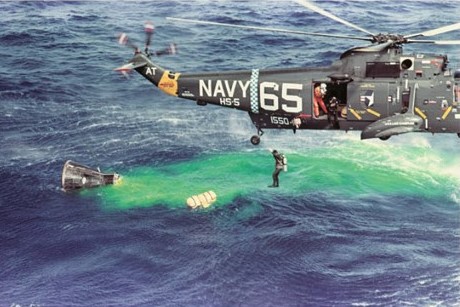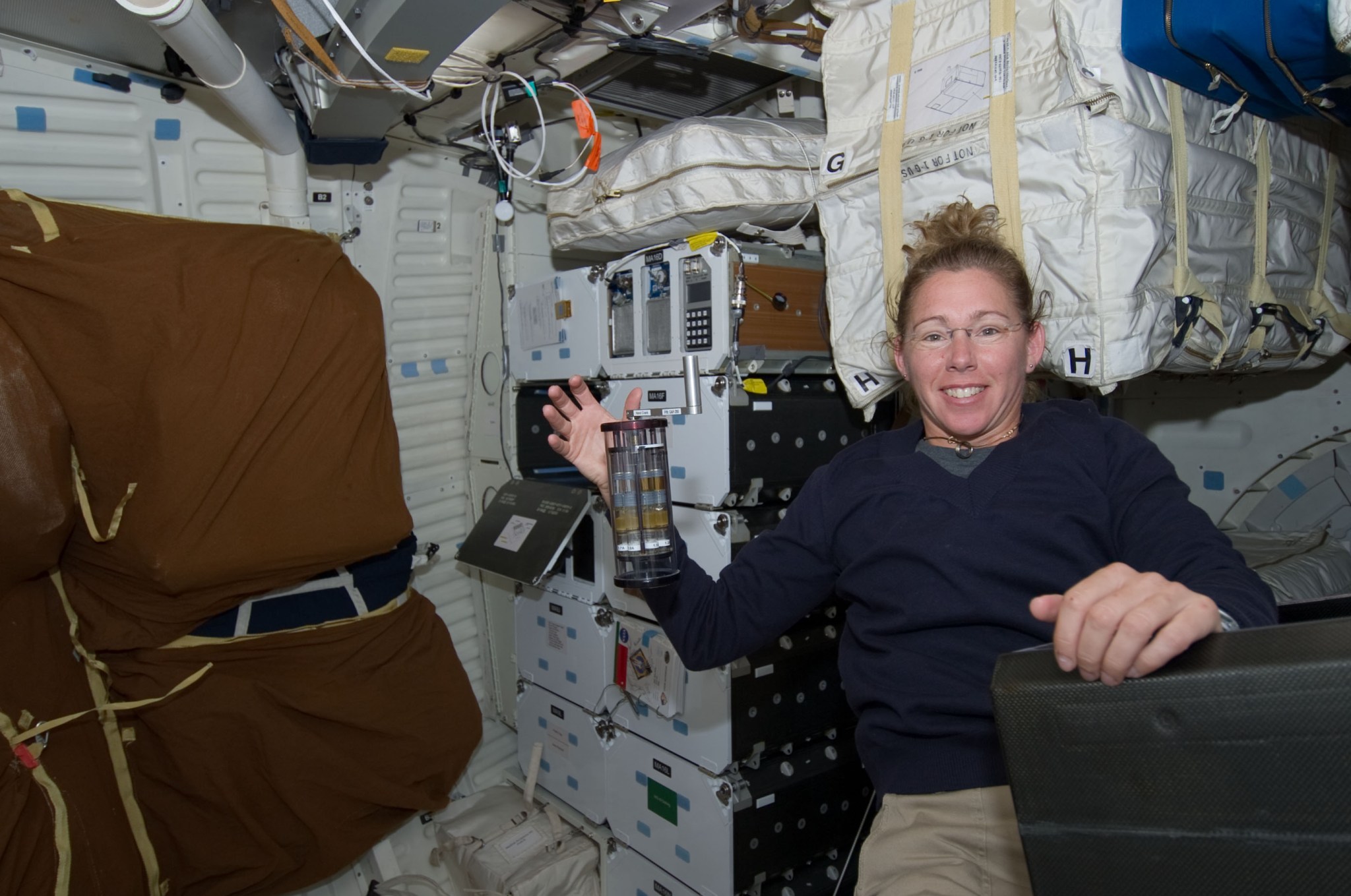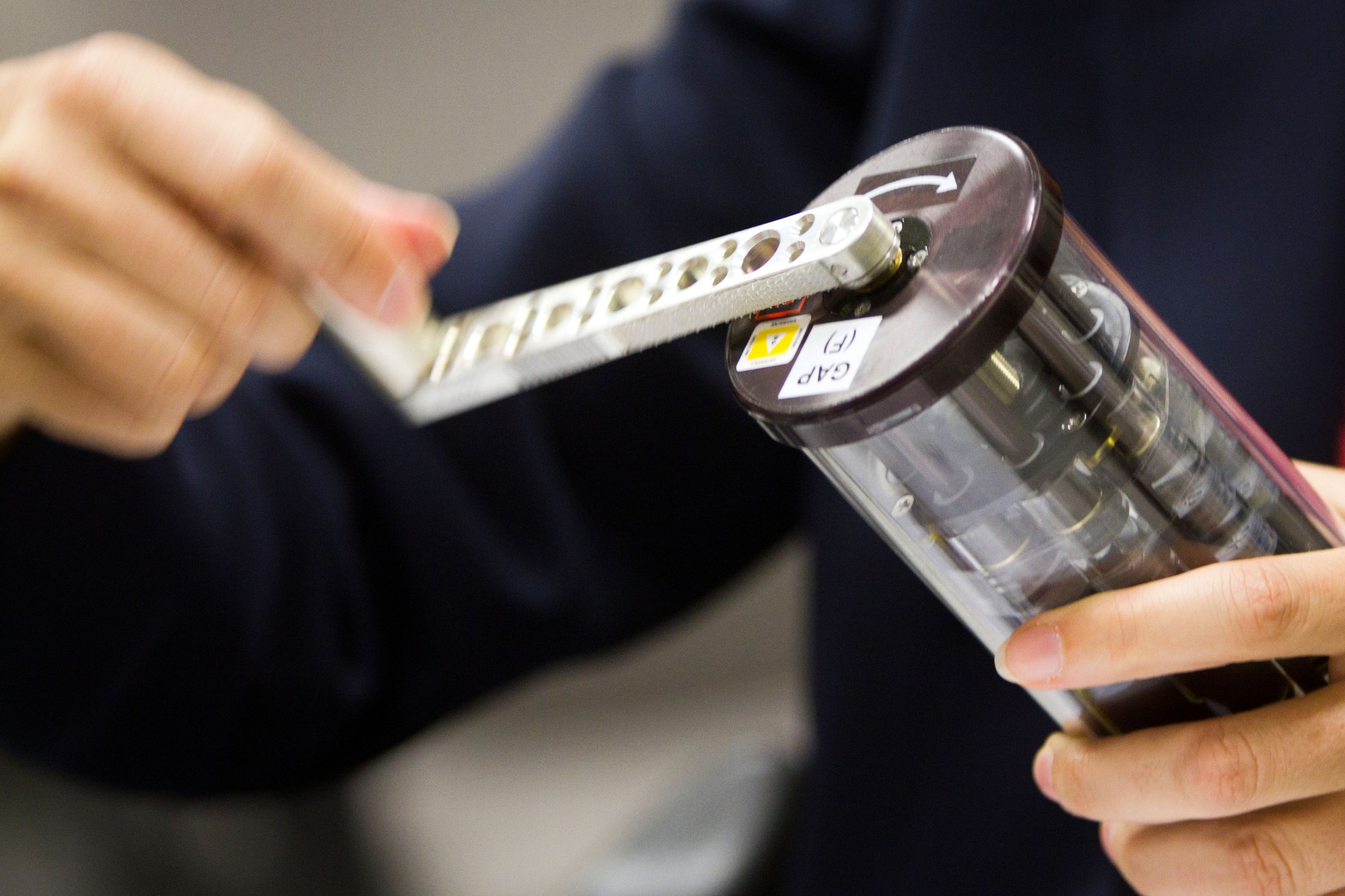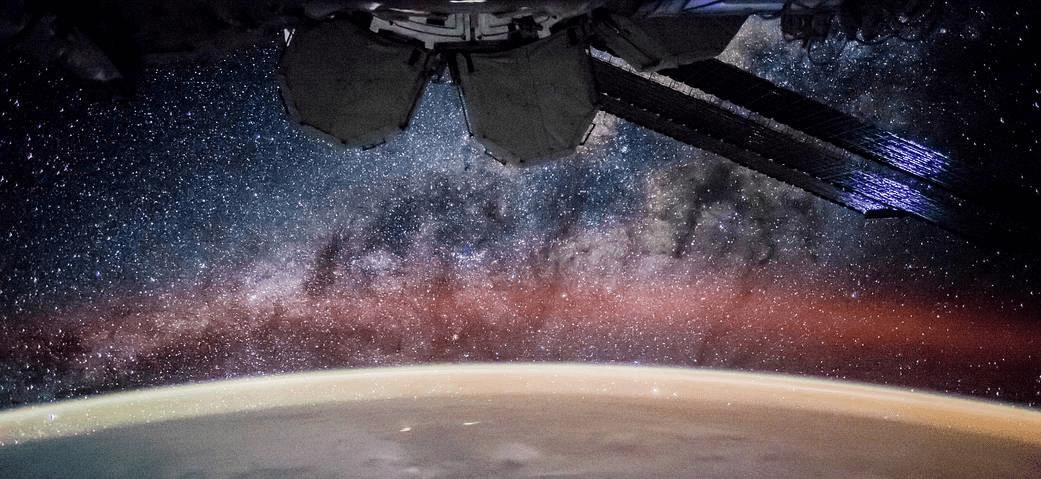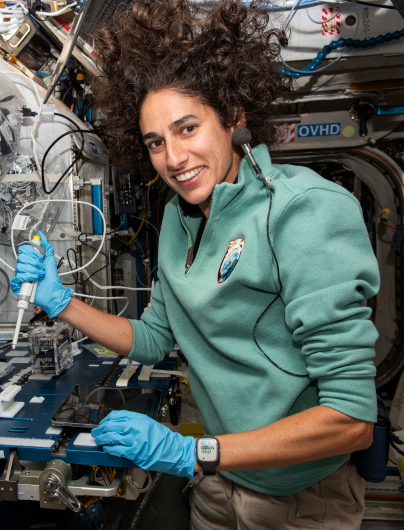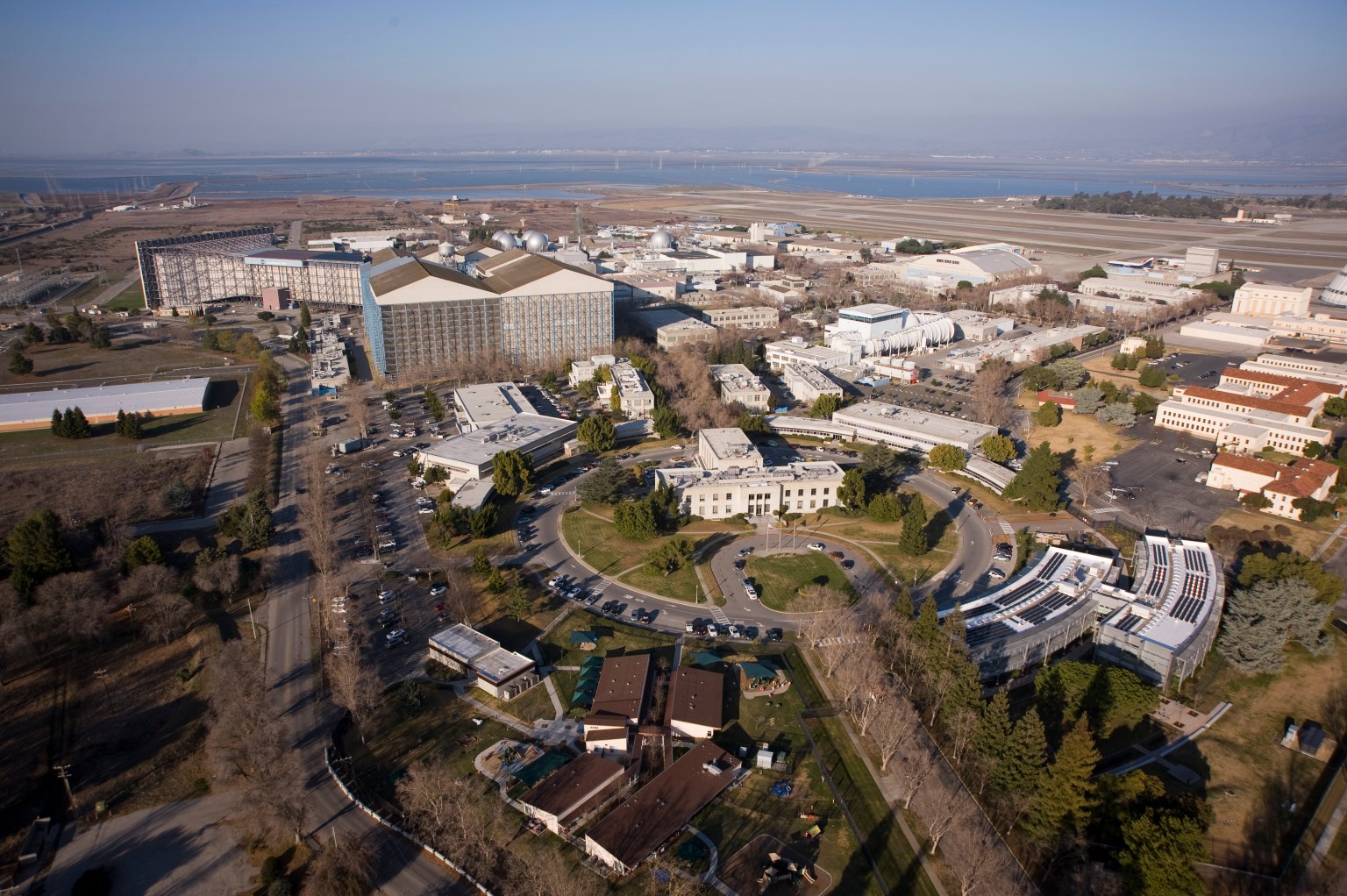Micro-8 (SpaceX-4)
Genotypic and Phenotypic Responses of Candida albicans to Spaceflight
Previous spaceflight experiments indicate that microorganisms respond to the space environment and behave differently in space than they do on Earth. The Micro-8 study will further examine how spaceflight affects potentially infectious organisms. Specifically, Micro-8 will assess gene expression, morphology, and virulence responses of a yeast strain, Candida albicans (C. albicans), following exposure to spaceflight. C. albicans is an opportunistic human pathogen that usually does not cause disease in healthy individuals but can cause infections under certain circumstances, such as when an individual has weakened immunity. The latter is of concern, as several lines of evidence indicate that the human immune system is compromised during spaceflight. The experiment is designed by Principal Investigator Sheila Nielsen, Ph.D., of Montana State University, Bozeman MT.
When microorganisms such as yeast are exposed to the spaceflight environment they may acquire potentially harmful properties, including increased virulence—potential for infection—and increased resistance to antibiotics. A better understanding of the effects of spaceflight on potentially infectious organisms is critical to better understand the health risks of long-term space exploration for astronaut crew. Micro-8 will help to address these risks and pave the way to the development of suitable countermeasures.
Results from the Micro-8 study will provide new insights into management and treatment of Candida infections. Effective measures to treat and prevent infections are needed for astronauts who may perform long duration space flights. Eventually this research may also lead to an understanding of why yeasts become more virulent when the immune system is stressed, and potentially deliver more powerful antibiotic treatments here on Earth.
Micro-8 is based upon the Micro-6 investigation that launched to the space station aboard SpaceX-1 in 2012. That experiment was also led by Dr. Nielsen. The Micro-8 study provides an opportunity to further explore and confirm the responses of C. albicans observed during Micro-6, including observation of cell behavior, cell morphology (shape), gene expression, and antibiotic sensitivity. The Micro-8 investigation also includes a pilot study to evaluate C. albicans virulence during spaceflight using human monocyte cells as the host for yeast infection in orbit.
Micro-8 is managed by the Space Biology Project at Ames. Funding for Space Biology comes from the Space Life and Physical Sciences Research and Applications Division within the Human Exploration and Operations Mission Directorate at NASA Headquarters.
Project Scientist – Fathi Karouia, Ph.D., Univerisity of California San Francisco, NASA Ames Research Center
Principal Investigator – Sheila Nielsen, Ph.D., of Montana State University, Bozeman MT
Payload Developer and Integrator – BioServe Space Technologies, University of Colorado Boulder
To learn more about the Micro-8 mission:
– Read the NASA feature story: Everything in Moderation: Micro-8 to Study Regulating Pathogens in Space (NASA: Sept 17, 2014)
For more information, see the Space Station Research Explorer for the Micro-8 mission.

